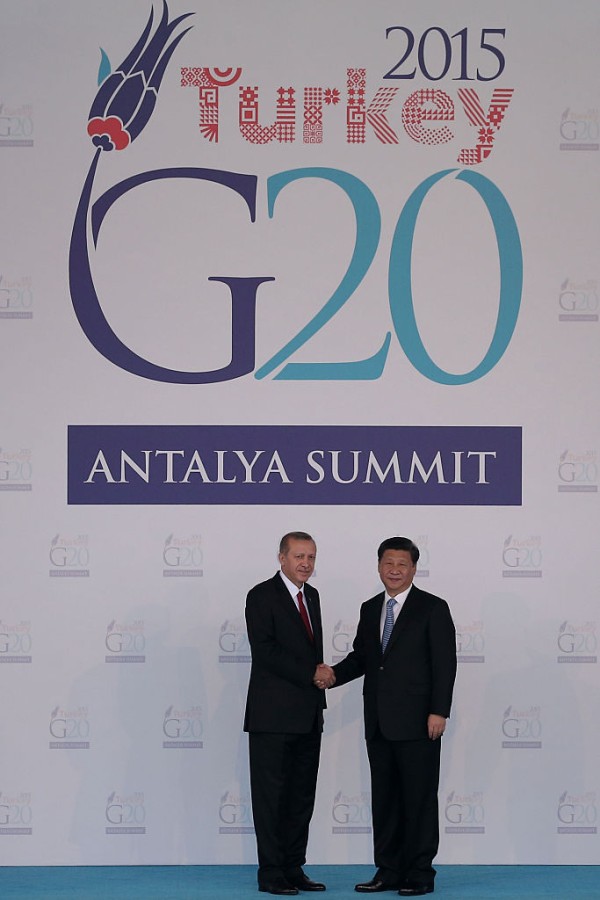A G20 workshop held in Nanjing in eastern Jiangsu Province tackled co-op trade and investments in a global scale ahead of this year’s G20 Summit to be hosted by China.
CRIEnglish covered the two-day "Trade and Investment Working Group meeting" which was officially opened by a message from Wang Shouwen, China's Vice Minister of Commerce, who talked about cooperation between the G20 member countries in order to promote growth in the trade industry.
"Today and tomorrow will be very important for this year's trade and investment agenda," he began, expressing his hopes that the meeting would be fruitful.
Preparations for the G20 Summit
During the workshop, Zhang Shaogang, the director general of the Department of International Trade and Economic Affairs, explained how China would develop a range of measures in order to push for growth in the trade sector.
He further noted that members of the G20, or the so-called "Group of Twenty," want to discuss coordination in the global investment policy.
"Our agenda, as I said, focuses on what actions we can take collectively, both in our domestic policies and in the positions we take in the relevant international organization to facilitate the investment and to foster greater volumes of trade," Zhang said.
Because G20 member countries contribute to most of the global trade volume and investments, Zhang believes that they should "act responsibly" to attain a unified growth.
"When China faces the initial stage of the global economic crisis, impacts are relatively indirect, but now we are slowly feeling impacts from more developed countries due to their shrinking markets," he said. "So we hope through this cooperation, the G20 can join forces together, to reach consensus."
The G20 Summit
The G20 Summit is an annual convention of leaders from 20 members as well as guest countries and entities such as the International Monetary Fund, the World Trade Organization, the World Bank, the Financial Stability Board, the Organization for Economic Co-operation and Development (OECD), the International Labor Organization, and the United Nations.
First held in 1999, the meetings where member countries' central bank governors and ministers of finance initially attended discussed policies about international finance and money, reforms on financial entities, as well as international economic development.
However, after the global financial crisis, leaders of the member countries saw that they should be the ones attending such event, thereby giving birth to the first G20 Leaders' Summit in 2008.
This year, China is set to host the annual summit with the theme, "Building an innovative, invigorated, interconnected and inclusive world economy," as announced by President Xi Jinping in November per News GD.
According to the Chinese president, the summit should include discussions about how developing countries and emerging-market economies can be included in the planned course for the enhancement of economic global progress.


